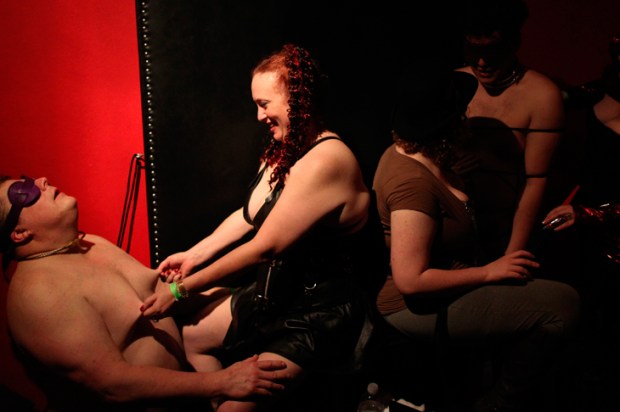Professor Anne Twomey (‘Royal activism in the spider web of secrecy’, 4 April) argues that Prince Charles’s use of his privileged access to top ministers in the British government to urge his views will compromise his future reign as King. When he ascends the throne, Twomey opines, he won’t be able to recover the appearance of neutrality after being a serial meddler in matters of state. This isn’t remotely the case.
The monarch’s proper role, Twomey supposes, is to rubber-stamp legislation that’s passed through the United Kingdom’s Lower and Upper Houses of Parliament. No previous monarch has understood their role thus—not even the Queen. In January 2013, the Guardian reported that ‘the Queen completely vetoed the Military Actions Against Iraq Bill in 1999, a private member’s bill that sought to transfer power to authorize military strikes against Iraq from the monarch to parliament.’ In addition to the then-unrealized extent of the royal veto’s use, the Guardian shed light on how often government officials consulted the Queen and Prince Charles before acting on domestic policy initiatives. Charles’s opinion is as widely solicited as it is offered.
What’s more, before the Prince declined a new life peerage following the House of Lords Reform Act of 1999, he was eligible to sit in the Upper House as a hereditary peer. Importantly, he chose to decline this privilege. It wasn’t taken from him, nor did the Act intend to do anything of the sort. The offer of a life peerage came in recognition of a monarch’s heir as an active, entrenched participant in British politics. A future prince may choose to accept that offer should it be renewed, with all of British constitutional history standing behind his decision.
Bearing this in mind, the ‘black spider memos’ are relatively tame. But this debate establishes one important point: the monarchy never has been, and never ought to be, totally apolitical. Twomey seems to equate ‘neutrality’ with ‘indifference’. It would be fantastically inappropriate for the Queen or Prince Charles to, say, undermine David Cameron’s Conservative government because they prefer Labour. This was a serious concern in previous centuries when, for instance, George III was seen to favour the Tories over the Whigs. But the monarch has every right to make his opinions known to the government which, we remember, only takes office with royal assent. ‘Neutrality’ is best understood as the place from which the monarch forms an opinion, not the absence of an opinion altogether.
Twomey’s concern is shared by many in the Australian monarchist movement: that a politically active monarch will give fodder to republicanism. There’s a school of thought within Australian monarchism that prefers to minimise the controversial aspects of Australia’s monarchy—namely the monarch—and focus on its incidental utility in maintaining the office of Governor-General. This is certainly a shortcut to the ‘crowned republic’ championed by the likes of Professor David Flint and Australians for Constitutional Monarchy.
But the rising generation of Australian monarchists, who form the base of the Australian Monarchist League, isn’t at all embarrassed by the direct role the Royal Family play in Australia’s public life. In addition to the benefits of having a Governor-General, we hope the monarch would care enough for his or her subjects to voice serious concerns over public policy. Given the nature of the Commonwealth, this will effectively be limited to the UK; but such clear indications of the monarch’s concern for his or her people gives us further reason to appreciate the office of Governor-General.
If the Queen of Australia is nothing more than a rubber stamp, with the G-G chosen solely on the recommendation of the PM, there’s neither reason to believe the office is truly neutral nor to maintain the monarchy at all. Both play into the hands of republicans, but the former should concern anyone—republican or monarchist—who values the G-G’s role in Australian politics. I’m sure even Bill Shorten agrees that Tony Abbott’s nomination of Sir Peter Cosgrove was beholden to the Queen’s true standard of neutrality: not bland deference to the PM but active, objective concern for the wellbeing of the Australian people.
Got something to add? Join the discussion and comment below.
Get 10 issues for just $10
Subscribe to The Spectator Australia today for the next 10 magazine issues, plus full online access, for just $10.
You might disagree with half of it, but you’ll enjoy reading all of it. Try your first month for free, then just $2 a week for the remainder of your first year.









Comments
Don't miss out
Join the conversation with other Spectator Australia readers. Subscribe to leave a comment.
SUBSCRIBEAlready a subscriber? Log in